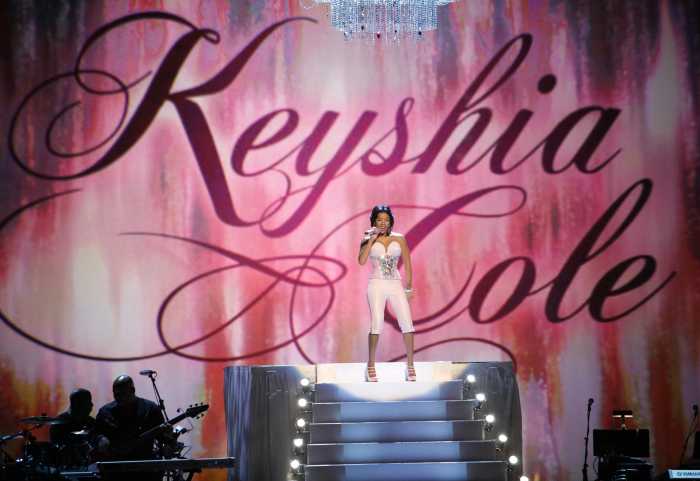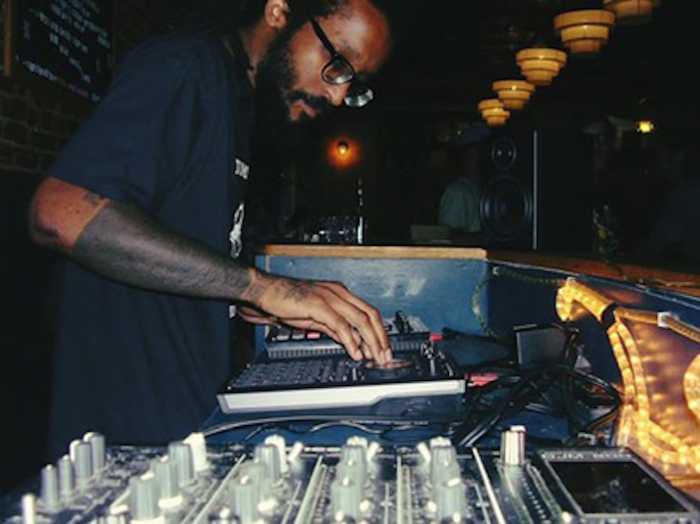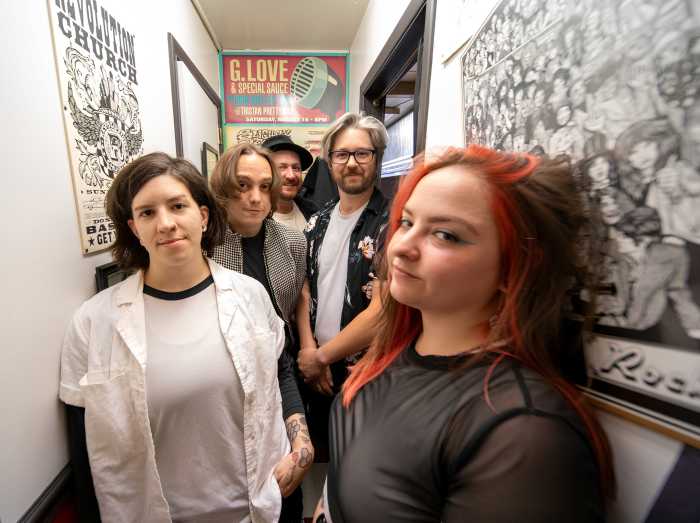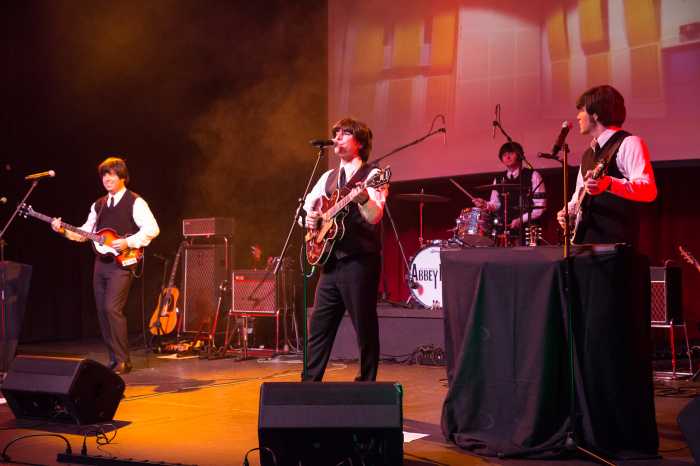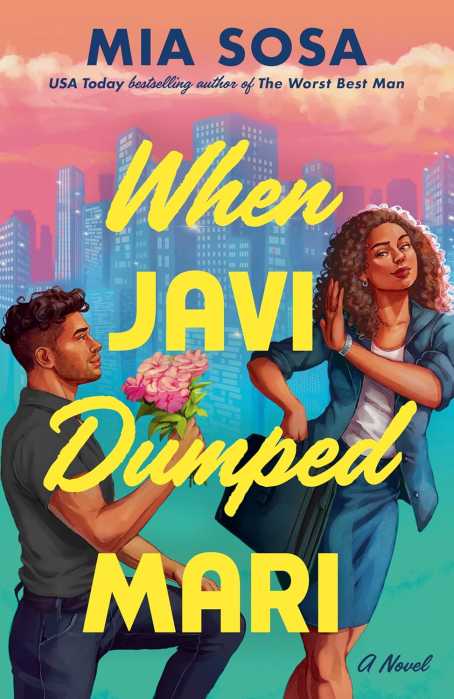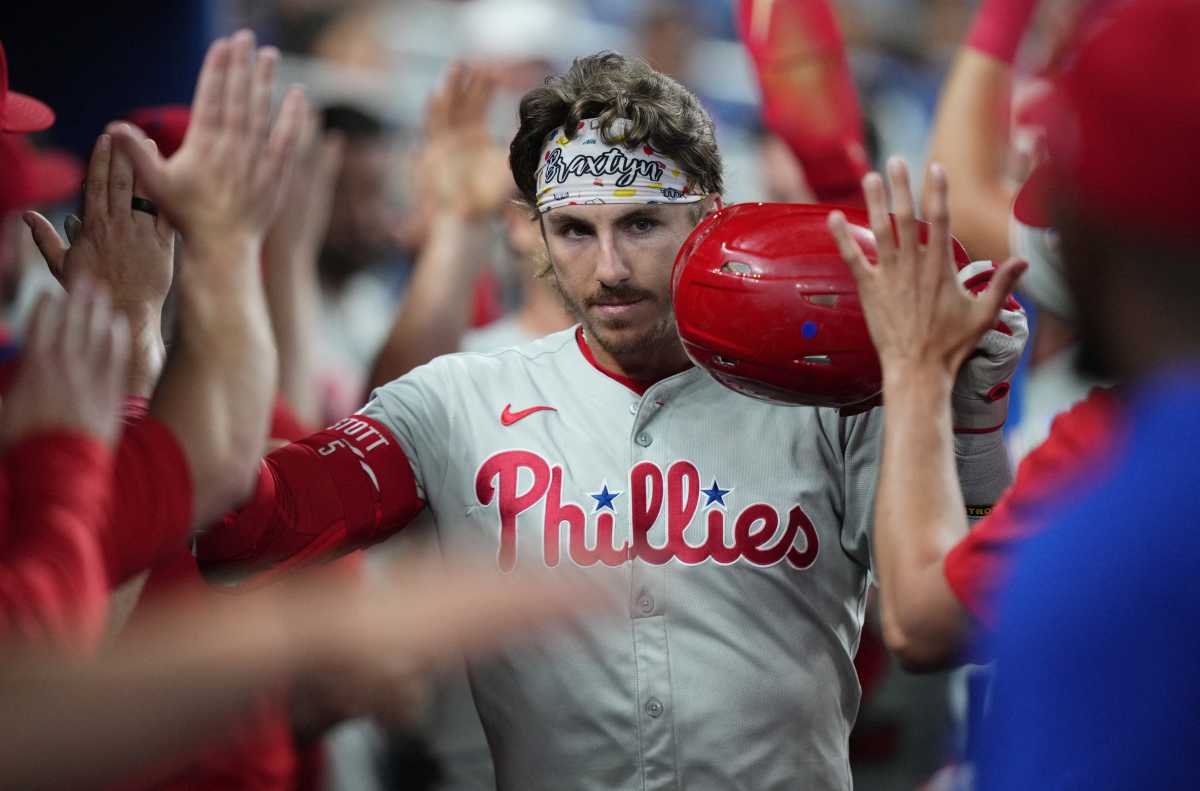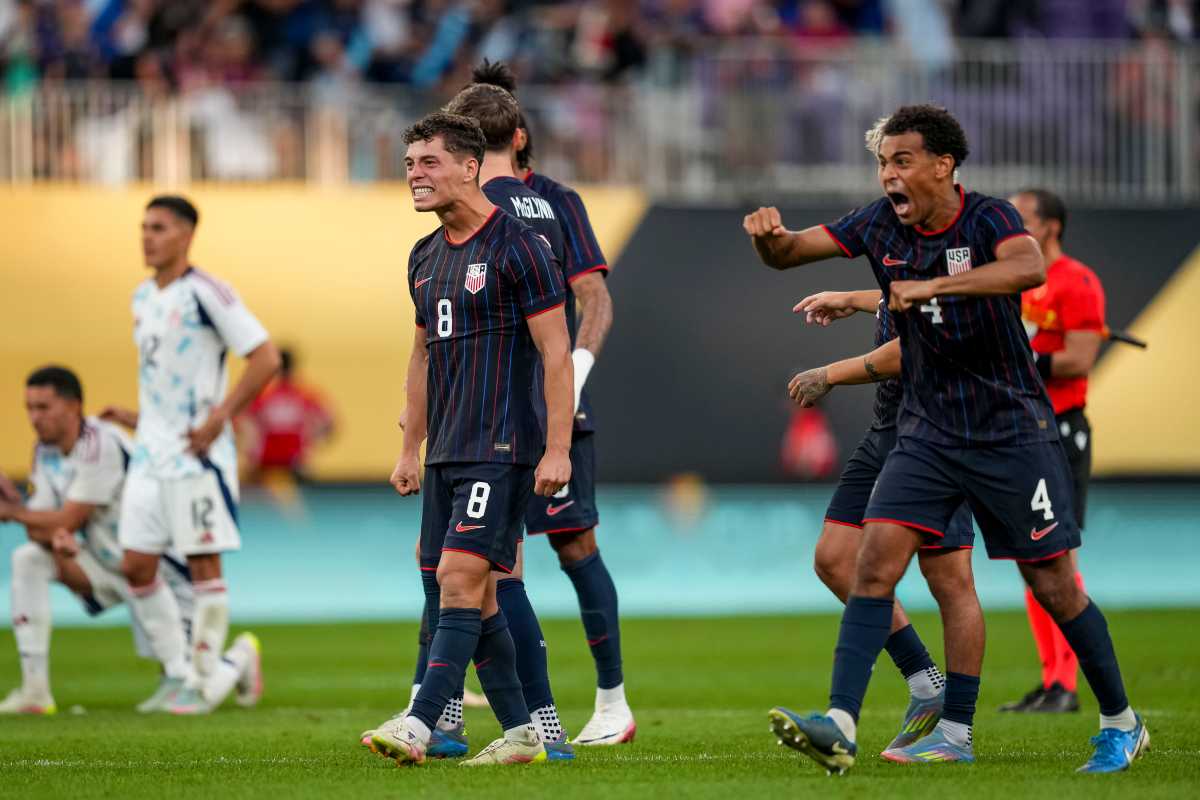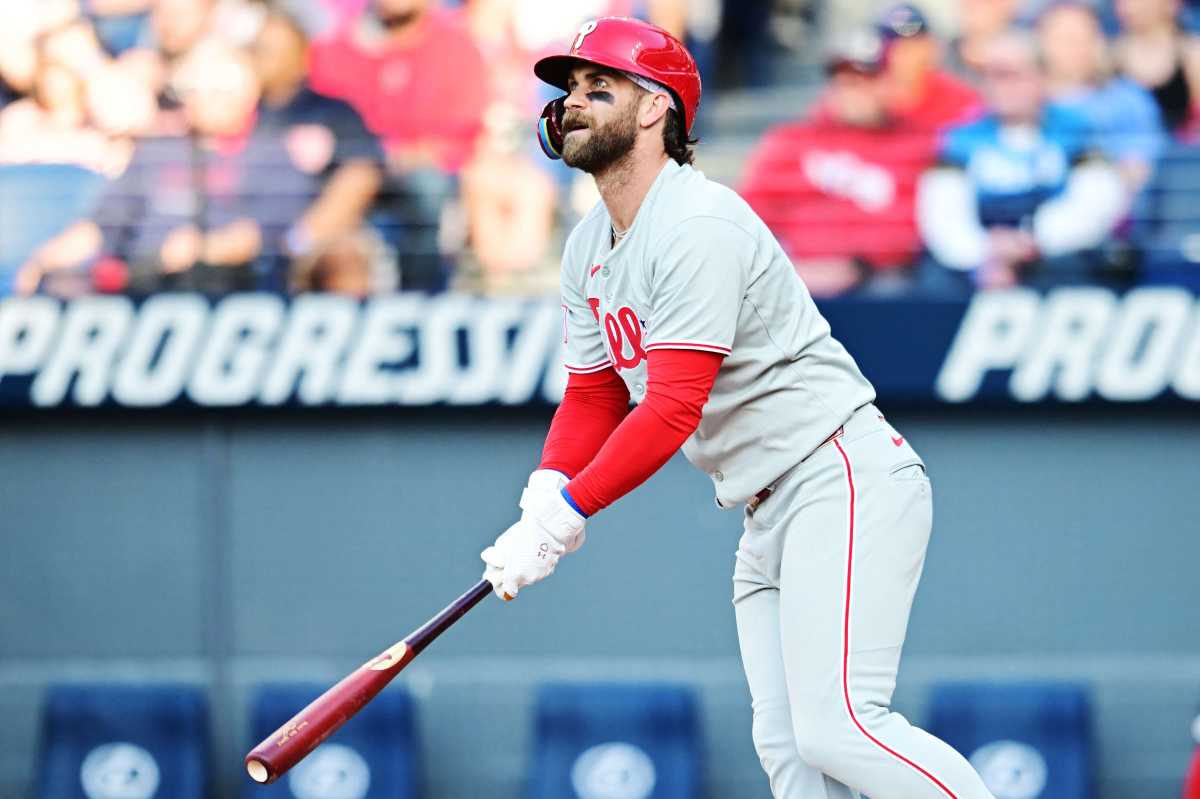Garrett “G. Love” Dutton can never get enough of Philadelphia. Along with having long-ago named his label Philadelphonic Records, the newest, laid-back G. Love album exists in dedication to his two deepest influences: ‘Philadelphia Mississippi.’
The recently-released follow-up to his Contemporary Blues-Grammy nominated ‘The Juice’ (2020), ‘Philadelphia Mississippi’ is a glorious country-blues collaboration, produced by North Mississippi All-Stars’ Luther Dickinson, and featuring old Philly friends rapper Schoolly D and principal co-conspirator Chuck Treece.
Dutton recently sat down with Metro.
The soul of Philadelphia is in the mix regarding all of your work. How does Mississippi manifest itself with its Delta blues?
This record was a concept based on my true roots in Philly, and the blues of which I am a student, which comes from Mississippi. As I’ve been playing hip hop-blues since the start in Philly, I wanted to go to Mississippi, with Chuck Treece, to connect some dots, with the hill country stuff, immerse ourselves in the culture, and with the artists there with whom we’d learn and collaborate.
Is that how Alvin Youngblood Hart, Jontavious Willis, Christone “Kingfish” Ingram and such become part of the new album?
Definitely. I’ve been playing these Blues Cruises for a minute, connecting up with younger men and women musicians who live and breathe this music. People think of the blues as an aging-out art form, but to see these newer musicians pushing the thing forward and embracing the culture – doing it in a current way, but completely authentic – is encouraging.
What does keeping country and blues music contemporary mean for you? How do you advance the form?
Making new blues has never been a thought-out thing for me. It’s more natural. It’s like trying to figure out old Robert Johnson riffs from YouTube without knowing what tuning he was in – just going for it. That’s my guitar style, making these weird chords and interesting bends, new ways for me to approach the guitar, approximate Johnson, and loop it – that’s the hip hop kid in me. I wanted to hear something repetitive, and would become a palate for me to write on. Lyrically, that would mean writing about the life around me – an instinctive, knee-jerk reaction, occasionally with old timey language, but with topics I’m living and vignettes about the City of Philadelphia: basketball courts, homeless people, riding the bus, racism, graffiti, bike couriers…. Just anything that I witnessed pushed it forward.
Did getting the nomination for Contemporary Blues album guide the way going forward?
It did. Thanks. I haven’t ever tried to fit myself in a box, but the Contemporary Blues thing I loved. It’s so open. You learn the blues and you’re doing something with this aged artform. Getting recognized for that, the hip hop blues I’ve always made my thing, that was something.
What was it like having Philly skateboard hero and instrumentalist Chuck Treece as your co-conspirator on ‘Philadelphia Mississippi’?
Growing up, he was this iconic older kid. He was famous as a skateboarder before I knew he played music. And I remember him being at my first big gig in the city with The Roots – Chuck was there. I knew I had arrived. He was always there for me, and with me: part of the Special Sauce for a minute, my Philly Cartel Band, our duo side project, Lottery. Long-story-short, he’s been there. And when we hit COVID, he and I just got to work, doing everything from setting up PAs and playing house parties and backyard barbecues to working on this new album.
How does ‘Philadelphia Mississippi’ breathe in a live setting?
We’ve had this record finished for a year before its release, so we’ve been playing it. Especially “Love from Philly” and “Laughing in the Sunshine.” They’re breezy tunes that feels like a hit in the way “Cold Beverage” was – anthemic. When we do this stuff live, I do the Freddie Foxx verse on “My Ball” and Chuck Treece does Speech’s rap on “Mississippi.” When you collaborate like we do, it’s like everyone’s standing on the edge, overlooking the abyss, trying to fly. That’s the power of spontaneity that fuels this music, in the studio and on stage.




